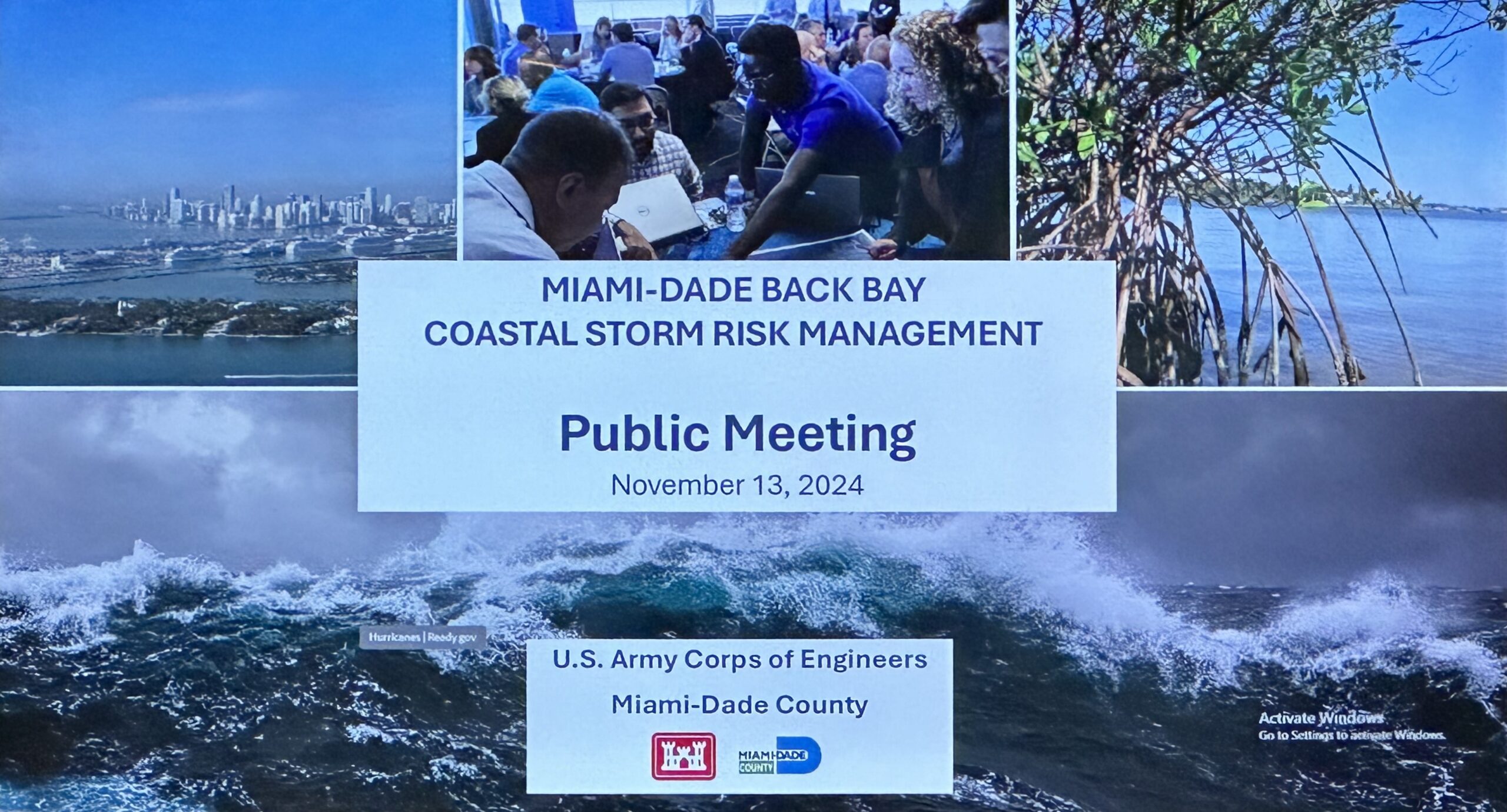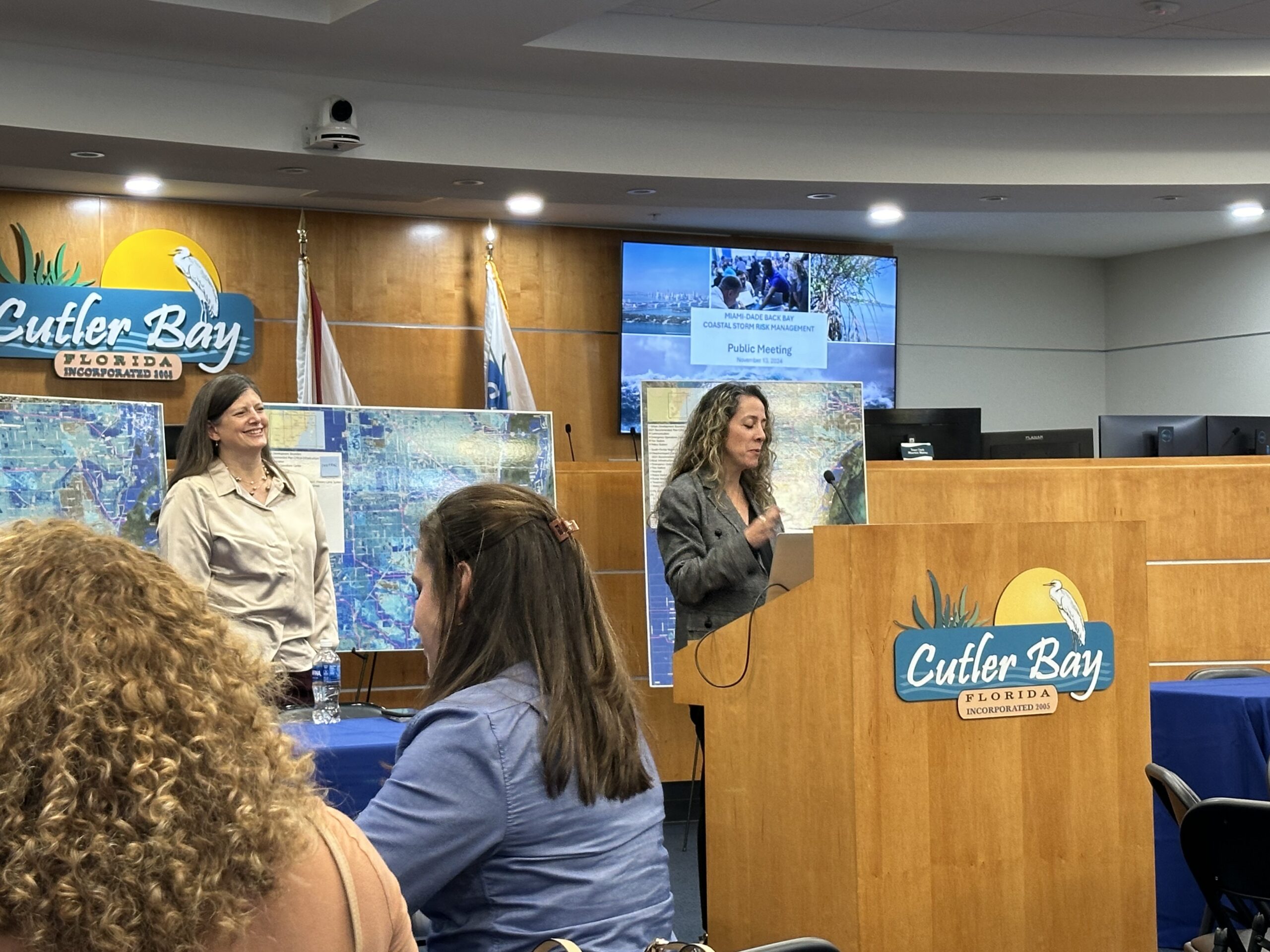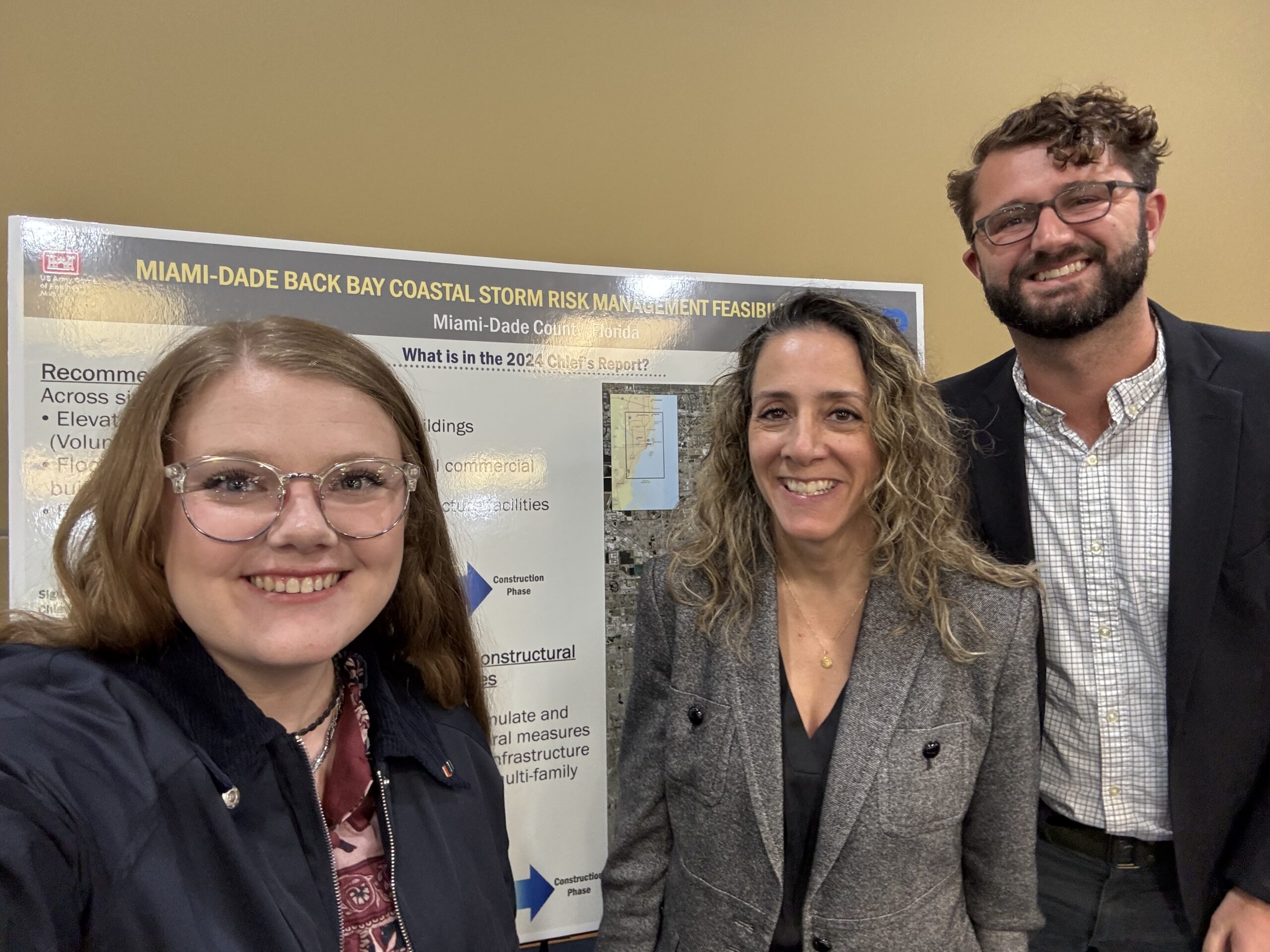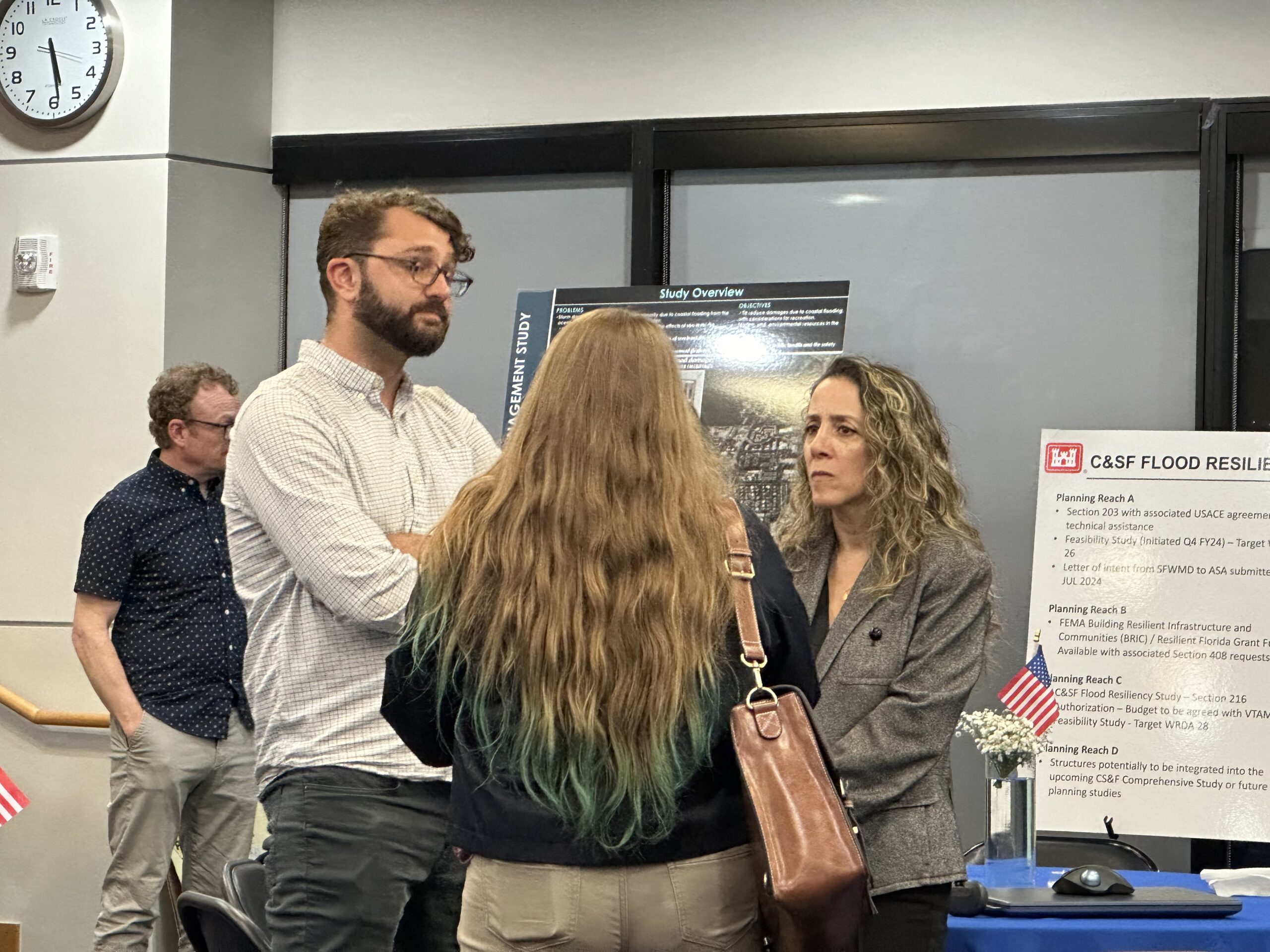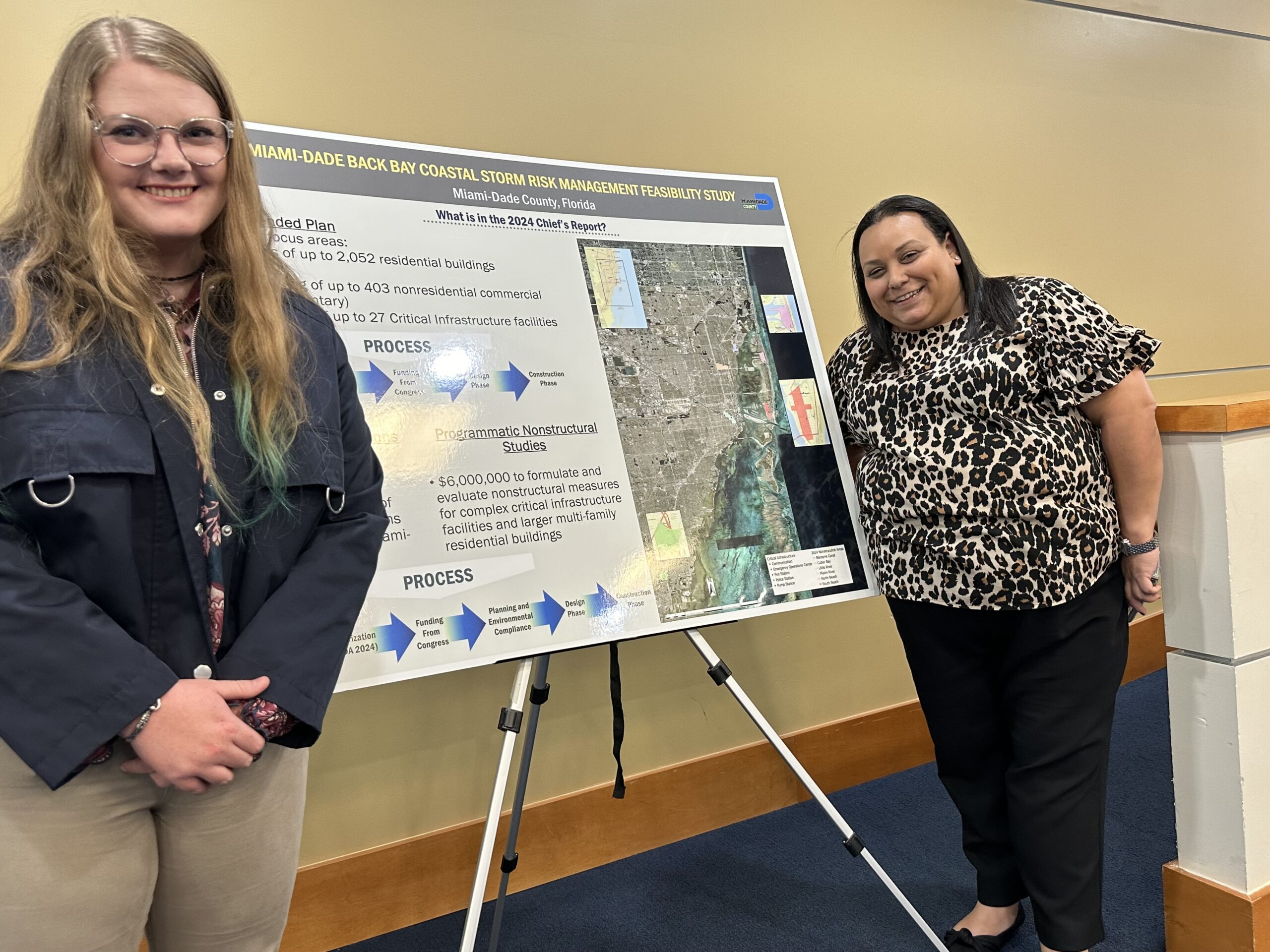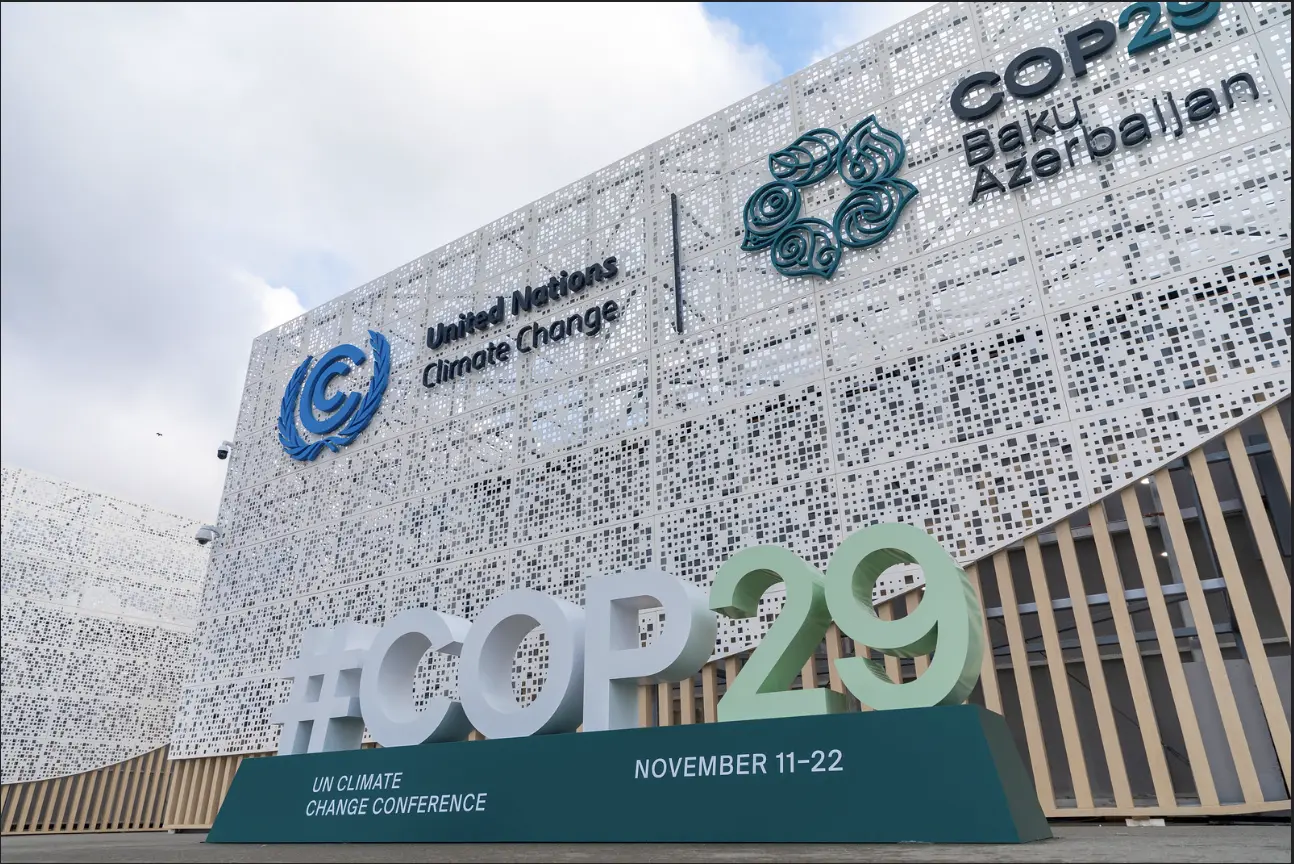I was born in 1999 and a couple months ago turned 25.
25 years is, of course, a long time. It’s certainly enough time to reach a variety of milestones within one’s life or career. If you are like me maybe you can’t accomplish a challenging goal or finish one project or another over the next week, month, or even the next year, or two, or ten. But over a considerable stretch like 25 years, any of us can accomplish all sorts of impactful, beneficial, and lasting things. Heck, 25 years is more than enough time to foster the type of transformational change that makes the world remarkably, admirably better.
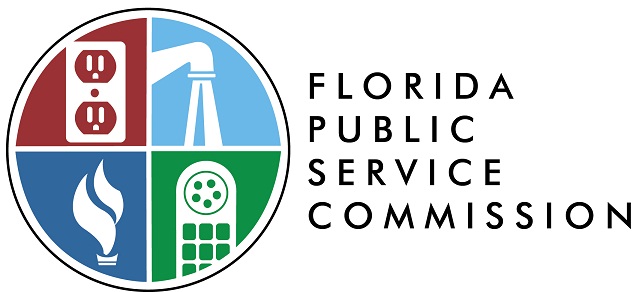
That is unless you are the Florida Public Service Commission, the state agency that oversees and regulates Florida’s electric utilities.
You see, over the course of my entire lifetime, for at least the last 25 years and counting, it is my view that the Florida Public Service Commission has failed me and countless other young citizens by violating our fundamental and inalienable right to life and to enjoy and defend life as guaranteed to us by Article I, Section 2 and 9 of the Florida Constitution by engaging in a systemic pattern and practice of automatically only ever determining that the fossil fuel-dependent 10-Year Site Plans Florida’s public utilities author are “suitable.”
And that’s why a few days ago I filed a civil lawsuit against the Commission, Delaney Reynolds v. Florida Public Service Commission, in Miami-Dade County’s 11th Judicial Circuit Court. Allow me to share a few things with you about the Commission, and by extension the electric utilities they regulate, that are consciously polluting our atmosphere and the waters that surround our fragile Florida.
The Florida Public Service Commission’s 10-Year Site Plan
Following its creation in 1887 by the legislature, the Florida Public Service Commission began regulating investor-owned electrical utilities as a division of Florida’s legislative branch of government in 1951. From its website here’s how the Commission describes how they overview their work:

I am not sure about their need to conduct a “balancing act” or worry about the utility and its shareholders because, by law, the Commission has exclusive authority to supposedly regulate Florida’s public utilities for the protection of the public welfare. Amongst other duties the Commission is responsible for determining whether the electrical utilities’ proposed future plans, as disclosed to the Commission every two years in something called 10-Year Site Plans, are “suitable” or “unsuitable.” In November of 2022 I wrote a blog entitled “Suitable” or “Unsuitable?” An Update on Florida’s Energy Transition to Renewables that is directly related to today’s post as well as the lawsuit I’ve recently filed and that you can read here. As I explained nearly two years ago, the Commission plays a critical role, or should, in ensuring that our electric utilities transition away from using polluting fossil fuels and to clean renewable energy.
Within the required 10-Year Site Plans each utility must estimate their future power generating needs (including the amount of power it anticipates selling, the energy sources it plans to use to generate the power consumers purchase from them, and so on) and the location of proposed power plants. These 10-Year Site Plans are the only method by which any Florida governmental agency has to plan for, review, and determine the legal suitability for the long-term operation, structure, and trajectory of Florida’s electricity needs.
Within nine months of receipt of the utility’s 10-Year Site Plan the Commission must, by law, make a preliminary study of the Plan and classify it as “suitable” or “unsuitable.” To do this there is a long list of items the Commission “shall review” in each Plan including: “the effect on fuel diversity within the state,” “the anticipated environmental impact of each proposed electrical power site,” “possible alternatives to the proposed plan,” “the amount of renewable energy resources the utility produces or purchases,” “the amount of renewable energy resources the utility plans to produce or purchase over the 10-year planning horizon and the means by which the production or purchase will be achieved,” and “a statement describing how the production and purchase of renewable energy resources impact the utility’s present and future capacity and energy needs.” The Commission, by law, even has the authority to “suggest alternatives to the plan.”
As you can see, renewable energy is supposed to be a significant part of the Commission’s process in determining whether these Plans are “suitable” or “unsuitable” to Floridians, much less comply with various laws.
The Commission’s determination has a truly profound impact on the applicable utility, much less Floridians’ wellbeing and our environment. For example, a utility cannot construct or obtain regulatory approval of energy projects subject to the Florida Electrical Power Plant Sitting Act without those projects 10-Year Site Plans having been deemed as “suitable.” Nor can utilities commence construction of electrical power plans not subject to the Florida Electrical Power Plant Sitting Act such as gas internal combustion or gas-fired combustion not associated with combined cycle facilities without those projects having had their 10-Year Site Plans deemed to be “suitable” by the Commission.
For the utilities the ‘good news’ is that time and time again, year after year, decade after decade the Commission has deemed their 10-Year Plans as being “suitable.”
The bad news relates to the rest of us and our environment in that the Commission’s history of systemically designating these Plans as “suitable” has led it to create an electrical system that’s overtly based on polluting fossil fuels that have damaged and continue to destroy Florida’s atmosphere and oceans.
Florida’s Renewable Energy Policy
Now you will be happy to know that since 2006 Florida has had a law in place called the Florida Renewable Energy Policy. You will also be pleased to learn that our state’s legislature had the foresight to give the Florida Public Service Commission the responsibility to make sure that our electric utilities are meeting the Renewable Energy Policy’s requirements. And if you guessed that the mechanism the Commission uses to ensure compliance with the Renewable Energy Policy is to review each utility’s 10-Year Site Plan, you’d be correct.
This review process by the Commission of the 10-Year Site Plan is also the only process where any Florida agency is required, by state law, to consider the anticipated environmental impacts of each proposed power plant because the legislature gave the Commission the sole authority to “administer and implement” the Florida Renewable Energy Policy. Here’s part of what the State of Florida’s Renewable Energy Policy law declares:
“It is the intent of the Legislature to promote the development of renewable energy; protect the economic viability of Florida’s existing renewable energy facilities; diversify the types of fuel used to generate electricity in Florida; lessen Florida’s dependence on natural gas and fuel oil for the production of electricity; minimize the volatility of fuel costs; encourage investment within the state; improve environmental conditions; and, at the same time, minimize the costs of power supply to electric utilities and their customers.”
When Florida’s legislature created our Renewable Energy Policy it had the vision to realize that a utility system that sources its energy from natural gas and fuel oil, both damaging fossil fuels, would harm our state’s environment as well as be costly and unreliable sources of energy for our consumers. For those reasons state leaders at the time had the wisdom to suggest that Florida develop its renewable energy market and diversity the types of fuel we source our power from. And, yes, it’s the Florida Public Service Commission that’s charged with overseeing our Renewable Energy Policy and it’s the 10-Year Site Plan that allows the Commission to guide the electrical utility’s transition towards renewable energy and away from fossil fuels like natural gas and fuel oil. Or at least that’s how things were supposed to work.
So, with this well thought out, logical Renewable Energy Policy law in place you might be asking yourself how is the Commission doing in demanding that the utilities that they, and they alone, regulate “lessen Florida’s dependence on natural gas and fuel oil” or, for that matter, having the utilities “improve environmental conditions” or “minimize costs?” The short answer is that the Commission is failing miserably. It is failing to uphold Florida’s Renewable Energy Policy and its systemic approval of the utilities’ 10-Year Site Plans as being “suitable” over at least the past 25 years has created a fossil fuel-dependent electricity sector in our state that releases a nationally and globally significant amount of climate pollution into our atmosphere and oceans that serves as an enormous, growing barrier towards the necessary transition to renewable energy our established law has long demanded.
Consider, for example, that in 2021, the most recent year for which the U.S. Energy Information Agency has data available, Florida’s electrical utilities produced 91.2 million metric tons (MMT) of carbon dioxide (CO2) pollution. For perspective, then consider that that’s more than the country of Columbia produced that year (77.57 MMT) despite that country having almost 30 million more people living in it than live in the State of Florida. Not surprisingly, given the abate lack of what I will call adult supervision from the Commission, Florida’s electrical utilities account for a substantial portion of our state’s total statewide CO2 pollution: 47% from 1999 to 2021.
And here in Miami-Dade where I live, the situation is dire. My local power company, Florida Power & Light and their Turkey Point plant located on the shores of Biscayne Bay has, for example, generated on average over 2.0 MMT of CO2 emissions per year over the last 10 years. That’s more carbon pollution from just one power plant in one Florida county than over 50 countries around the world generate! In 2022, for example, Turkey Point generated 2.3 MMT of carbon pollution, an amount comparable to the country of Chad’s 2.51 MMT of CO2, yet that nation has over six times the population that Miami-Dade has.
The high level of climate pollution produced by Florida’s electric utilities is indisputably due to their overwhelming reliance on fossil fuels, especially gas, a source of energy that the utilities have long included in their 10-Year Site Plans and that the Commission has automatically deemed as “suitable.” Today, approximately 76% of Florida’s energy is derived from natural gas, a fossil fuel that emits truly lethal methane pollution.
How widespread is the use of polluting natural gas in Florida? Well, for starters, consider that eight of the state’s 10 largest power plants are energized by natural gas. Florida is the second largest producer of electricity in the United States (Texas is first) and the third largest consumer of electricity (after Texas and California) and in light of our overt, dangerous reliance on natural gas for our power needs, the amount of climate pollution produced by Florida’s electric utilities is the second highest in the United States, trailing only Texas. Oh, and Florida produces no natural gas, it must all be bought from other states and transported by pipe into Florida, increasing every single Floridian’s electrical cost and the pollution utilities generate throughout the supply chain.
And despite a variety of laws calling for a reduction in the use of natural gas, left largely un-regulated Florida utilities have steadily and dramatically increased reliance on this fossil fuel as their go to source of power with the Commission their ever-supportive sidekick automatically approving Plan after Plan as “suitable.” For example, when I was born in 1999, the Commission’s 10-Year Site Plan suitability determination report stated that utilities collectively projected a “substantial increase in natural gas-fired generation over the next ten years, from approximately 14% (in 1998) to 38% (in 2008) of all energy generated.” In fact, in 2008 Florida’s electrical utilities relied on gas for 40.4% of their source power.
And if that’s not bad enough, in 2009 the utilities projected that the fossil fuel natural gas as an energy source would increase to 46.7% by 2018. Alas, the utilities utilization of gas projections over that decade was slightly off and with the ever-supportive Florida Public Service Commissions ever “suitable” automatic stamp of approval that lethally polluting fossil fuel actually rocketed to an astounding 68% of the energy Florida electrical utilities were sourcing by 2018.
And, as of May 2024, the Commission’s irresponsible behavior of not putting a stop to the pollution now finds that Florida utilities sourced 76% of their energy from natural gas, a figure significantly higher than the national average in other states of 45.3%.
And speaking of the Florida Renewable Energy Policy, in addition to the immeasurable damage its lack of action has caused to our environment by not deeming the utility plans as “unsuitable,” the Commission’s irresponsibility has led to the Sunshine State being seriously behind much of our nation in renewable energy use. Today, 18 years after its enactment and the Commission being exclusively charged with upholding that law, a mere 8.3% of the energy Florida’s utility’s source comes from renewable energy. The national average today is 22.7%.
If all of this is not disappointing enough to learn, then consider that the three largest electrical utilities (#1 FPL which serves about 50.92% of Florida’s electric consumers, #2 Duke Energy which serves about 17%, and #3 TECO which serves about 7.2%) that collectively distribute 75% of the total electrical power Floridians consume, businesses operating in the Sunshine State for 100 years or more, source a pathetically small amount of their energy from inexpensive, clean renewable energy.
Nearly none.
Despite massive advertising and marketing campaigns that suggest that renewable energy, especially solar, and protecting the environment are a core part of their businesses, the fact of the matter is that renewable energy accounts for a fraction of the power Florida’s electric utilities source and sell to consumers. According to the most recent data (2022) from the U.S. Energy Information Administration (EIA) renewable energy accounts for just 5% of FPL’s source energy, a truly pathetic 1.5% of Duke’s, and 7% for TECO.
As they say, the numbers don’t lie. And given those numbers – any of those I’ve highlighted above that I’ve highlighted as a start and especially the 5%, 1.5%, and 7% – any argument that any of us (or our elected political “leaders”) should “trust” the utilities to “do the right thing” or believe that they will follow the law (as well as common and business sense) and significantly use renewable energy on their own instead of embracing antiquated polluting sources like natural gas is simply delusional.
Of course, that’s where our state regulator, the Public Service Commission, comes in. Or is supposed to come in.
To be clear, it is my view that the Commission bears the very direct responsibility for the growth in fossil fuels as the dominant source of electrical energy in Florida, the shamefully small use of renewable energy as a source of the Sunshine State’s power, and the resulting damage that our citizens and environment are suffering from the massive amount of pollution Florida’s utilities generate. As the only state agency in existence that can shift the trajectory away from the polluting power options that dominate the market today to renewable ones, the Commission has the power and tools needed to change things for the better. That change starts with the Commission upholding its legislatively established responsibility and enforcing our laws by deeming 10-Year Site Plans as “unsuitable” because of their overt long-term use of fossil fuels. By simply doing its job, concluding that these Plans are obviously “unsuitable,” the Commission can and would compel the utilities to plan to seriously and substantially utilize renewable energy options as the core source of the fuel they generate instead of the polluting fossil fuels they are predominately using.
Florida’s State Comprehensive Plan
The Florida Renewable Energy Policy law is not the only tool that the Florida Public Service Commission has to help transition our utility industry towards using renewable power for our energy needs instead of fossil fuels. You see, the Commission’s evaluation of the utilities’ 10-Year Site Plans is also the only mechanism in our state that’s supposed to be used to track and ensure compliance with the goals and intent of something called the State Comprehensive Plan. At this point I might not surprise you by saying that I want to emphasize the phrase here: “supposed to be used.”
You see, amongst other things, Florida’s Comprehensive Plan requires, and I quote, that:
“Florida shall reduce its energy requirements through enhanced conservation and efficiency measures in all end-use sectors and shall reduce atmospheric carbon dioxide by promoting an increased use of renewable energy resources and low-carbon-emitting electrical power plants.”
Meaning that the State of Florida’s own laws say we should be reducing carbon dioxide from our atmosphere by increasing renewable energy including the use of low-carbon-emitting electrical power plants. And, yes, it is the Florida Public Service Commission that’s charged with ensuring compliance of this part of the State Comprehensive Plan. At this point in this post, I doubt that you are going to be surprised to learn that the tool the Commission has at its disposal to ensure compliance with our Comprehensive Plan is (you guessed it) their review of the utilities’ 10-Year Site Plans.
So, here again, by rubber stamping seemingly every 10-Year Site Plan that crosses their desks, the Commission is not only failing to uphold its responsibility to us, in this case to ensure compliance by the utilities with the Comprehensive Plan rather than essentially facilitating the utility’s production of prodigious amounts of lethal pollution that is being pumped into our fragile Florida.
So, just to review;
1. The Florida Legislature long ago made the Florida Public Service Commission the exclusive regulator for the State of Florida’s electric utilities.
2. And by law the legislature gave the Commission the sole authority to “administer and implement” Florida’s Renewable Energy Policy – a statute that, among other things, says that our state should be reducing its reliance on natural gas and fuel oil for the production of electricity and to improve our environment.
3. And it is our State Comprehensive Plan that demands we reduce carbon pollution in our atmosphere by increasing the use of renewable energy resources (like solar and wind energy) and the Commission is supposed to oversee that too by reviewing the electrical utilities 10-Year Site Plans.
Yet despite the fact that the utilities are failing to make sufficient progress on their own, the Commission has habitually deemed these plans as “suitable” every year for at least 25 years. Since at least the year I was born (1999), the Florida Public Service Commission has failed to uphold its responsibilities and follow the law. And when I say that this, all of this, makes me sick, I am not just talking about the pollution. It is the conscious dereliction of duty by the Commission that’s also sickening and that absolutely must be corrected.

It’s blatantly clear that the utilities have not been truly motivated to make this transition in any impactful way on their own. And I think it’s fair to say that it’s just as clear that the Florida Public Service Commission has been happy to take the powerful utility’s side instead of the law, the citizens of Florida, and our environment for far too long.
The time has come to adjust the “balancing act” that the Commission proclaims it is performing by shifting away from the utilities’ and their shareholders’ agenda and towards the rest of us and our environment. And that is why I’ve filed a new lawsuit in hopes of having the judiciary help me get the Public Service Commission to do its job and to ensure that our state’s laws are followed so that the transition to renewable energy can take place in a meaningful way before it’s too late.
